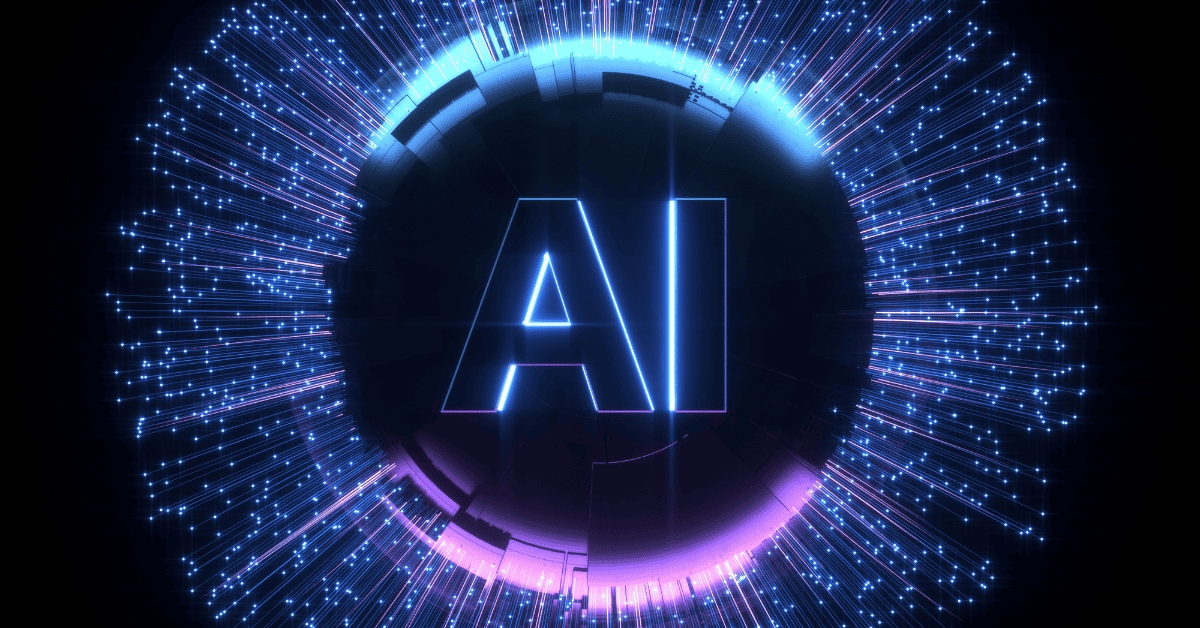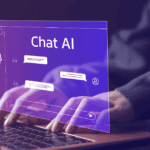Artificial Intelligence (AI) has revolutionised content creation by enabling natural language processing and content generation. However, despite its immense power, AI still requires the expertise of proofreaders and editors for various important reasons.
Contextual Understanding
Artificial Intelligence (AI) systems may have difficulty comprehending the nuances of context and intent in certain situations. While these systems are highly efficient at processing large amounts of data, they may not fully comprehend the subtleties of language and context. This is where proofreaders and editors play a crucial role. With their human insight, they can understand the context and ensure the content accurately conveys the intended message.
Idiomatic Expressions and Cultural Sensitivity
Language contains idiomatic expressions and cultural nuances that AI systems may not always recognise. As a result, this can lead to misunderstandings or inappropriate content. Proofreaders and editors with expertise in culture and language can ensure that the content is suitable and resonates with the intended audience. They can identify and correct instances where AI-generated content may inadvertently offend or misrepresent cultural norms.
Ambiguity Resolution
Natural language is often ambiguous, which can be challenging for AI systems to interpret correctly. Proofreaders and editors are experts at resolving ambiguity and ensuring that any content’s meaning is clear and unmistakable. They can identify potential misunderstandings and rephrase or clarify the content to eliminate confusion.
Adherence to Style Guides and Brand Voice
Many organisations have distinct style guides and brand voices that they want to keep consistent across all their content. However, AI-generated content may not always fit perfectly with these guidelines. This is where proofreaders and editors come in – their role is essential in ensuring that the AI-generated content adheres to the style guide and brand voice, thereby maintaining consistency and reinforcing the brand’s identity.
Fine-Tuning for Specific Audiences
Although AI-generated content may be grammatically correct, it may not necessarily appeal to a particular target audience. Proofreaders and editors play a crucial role in refining the language used to better suit the audience’s preferences, language proficiency, and expectations. They can adapt the content to ensure it resonates with the intended readers and effectively communicates the desired message.
Detection of Subtle Errors
AI algorithms are designed to be highly accurate, but they may still miss subtle errors that proofreaders and editors are trained to catch. Proofreaders and editors have a sharp eye for detail and can identify minor grammatical issues, awkward phrasing, or inconsistencies in tone that AI systems might overlook. Their expertise ensures that the final content is polished and free from errors.
Ethical Considerations
AI systems have the potential to create content that may contain ethical concerns or unintended biases. To prevent such issues, proofreaders and editors play a crucial role in identifying and rectifying potentially problematic content generated by AI systems. They ensure that the content aligns with ethical standards, avoids unintended biases, and does not contain controversial statements, thereby ensuring responsible and ethical use of AI-generated text.
Handling Unusual Cases
Sometimes, AI systems might be unable to produce accurate and coherent content in certain uncommon or specialised domains. In such cases, proofreaders and editors can use their expertise in the subject matter to intervene and make necessary corrections. They can provide essential knowledge and insights to ensure that the content is accurate, informative, and meets the specific requirements of the domain.
Quality Assurance
Proofreaders and editors play a crucial role in maintaining the overall quality of the content by ensuring that it meets the highest standards of language proficiency, clarity, and coherence. They meticulously scrutinise the content, check for errors or inconsistencies, and make corrections to enhance quality. Their contribution is vital in ensuring the final output is error-free, coherent, and easily comprehended.
Adaptability and Creativity
Proofreaders and editors play a vital role in improving the quality of content. Unlike AI algorithms limited to predefined patterns and rules, proofreaders and editors can use their creativity, adaptability, and judgment to refine the content. They can identify the tone, style, and creative elements that an AI might struggle to replicate and add a human touch to make the content more engaging, compelling, and tailored to the audience’s needs.
While AI has significantly enhanced the efficiency of content creation and proofreading, the role of proofreaders and editors remains indispensable. Their expertise in understanding context, resolving ambiguity, ensuring cultural sensitivity, and maintaining quality standards is crucial for producing accurate, clear, and engaging content. The collaboration between AI and proofreaders and editors results in a synergistic approach that combines both strengths to produce high-quality content that resonates with the intended audience.
Want to get paid to find misteaks?
Did you spot it? Do spelling “misteaks” jump off the page at you? Train to become a professional proofreader. Create new career opportunities. Study from home, at your own pace. Learn from industry experts.










